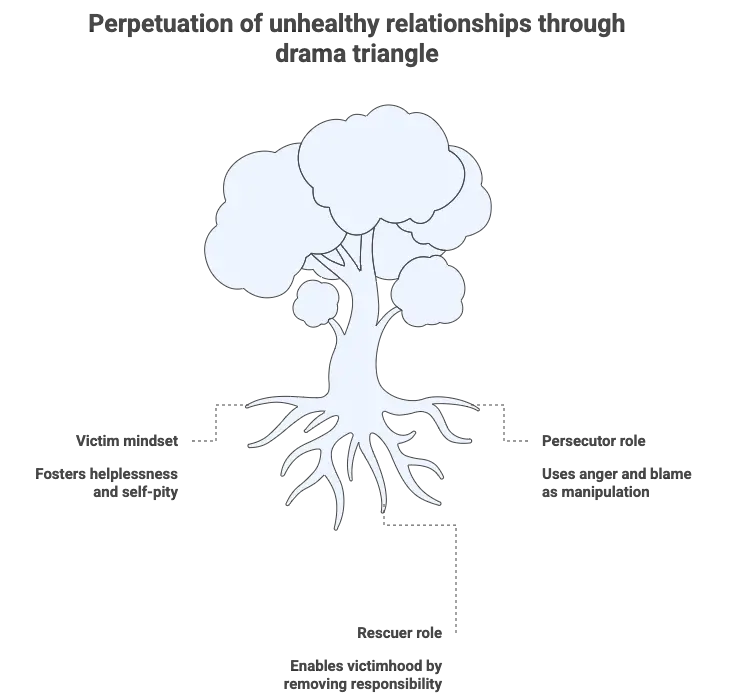True freedom in Christ comes from a secure Christian identity rooted in God’s love, enabling joyful biblical service without being swayed by others’ expectations or the fear of man. Like Paul, who adapted to various cultures—becoming Jewish to the Jews or like one without the law to those outside it—this freedom in Christ allows believers to serve authentically to win others to Christ. The fear of man, whether craving approval or dreading criticism, traps individuals in a cycle of people-pleasing, undermining genuine service. In contrast, a Christian identity grounded in God’s love liberates believers from such bondage, as exemplified by Jesus, who served without being manipulated by disciples or religious leaders. This freedom in Christ ensures that one’s value is not defined by others’ reactions but by the Father’s unconditional love, enabling biblical service that is joyful and unhindered. By embracing this Christian identity, believers can serve with authenticity, free from the pressures of external validation.

Breaking Free from the Drama Triangle
The Drama Triangle—comprising the victim mindset, persecutor, and rescuer roles—creates toxic dynamics that hinder healthy relationships and freedom in Christ. The victim mindset fosters helplessness and self-pity, with individuals feeling powerless, saying, “Only bad things happen to me.” The persecutor uses anger and blame as manipulation tools, while the rescuer, driven by a need to be needed, perpetuates victimhood by taking responsibility away. These roles fuel unhealthy dependence, trapping individuals in a cycle of manipulation where the victim demands pity, the persecutor escalates conflict, and the rescuer enables rather than empowers.

In contrast, healthy relationships involve helpers who empower through questions and responsibility, not by fixing problems. For instance, in societal pressures like forced marriages, recognizing one’s ability to make choices, even in tough circumstances, breaks the cycle of unhealthy dependence. By rejecting the Drama Triangle, believers can foster healthy relationships rooted in empowerment in faith, reflecting the freedom found in God’s love.
Healing Brokenness and Restoring Cultural Identity
Healing brokenness is central to experiencing freedom in Christ, as many issues, such as marriage problems or addictions, stem from father wounds and mother wounds rooted in dysfunctional families. These father wounds manifest as deeper lies and wrong beliefs, requiring a relational journey to lovingly expose and address them. Jesus as rescuer offers ultimate healing by taking humanity’s pain upon Himself, providing emotional, mental, and relational restoration through His sacrifice. Unlike human rescuers, Jesus as rescuer empowers believers to overcome father wounds and find true identity in God’s love. Additionally, modern culture faces confusion around men’s and women’s roles, leading to dysfunctional families.

Restoring men’s identity to its God-given purpose is vital for cultural restoration, strengthening families and communities. By embracing Jesus as rescuer, believers can heal and contribute to cultural restoration, living out their Christian identity with purpose.
Embracing a Transformed Life
Freedom in Christ is a call to live unbound by the fear of people or the Drama Triangle. What if your Christian identity was so rooted in God’s love that no external reaction could shake your purpose? By rejecting the victim mindset and embracing empowerment in faith, you can build healthy relationships that reflect Christ’s love. Consider how father wounds shape your struggles—could addressing them through Jesus as rescuer unlock true healing? How can you contribute to cultural restoration by restoring God-given men’s identity in your community? Let God’s love redefine your biblical service, relationships, and identity, empowering you to live boldly for Christ.
